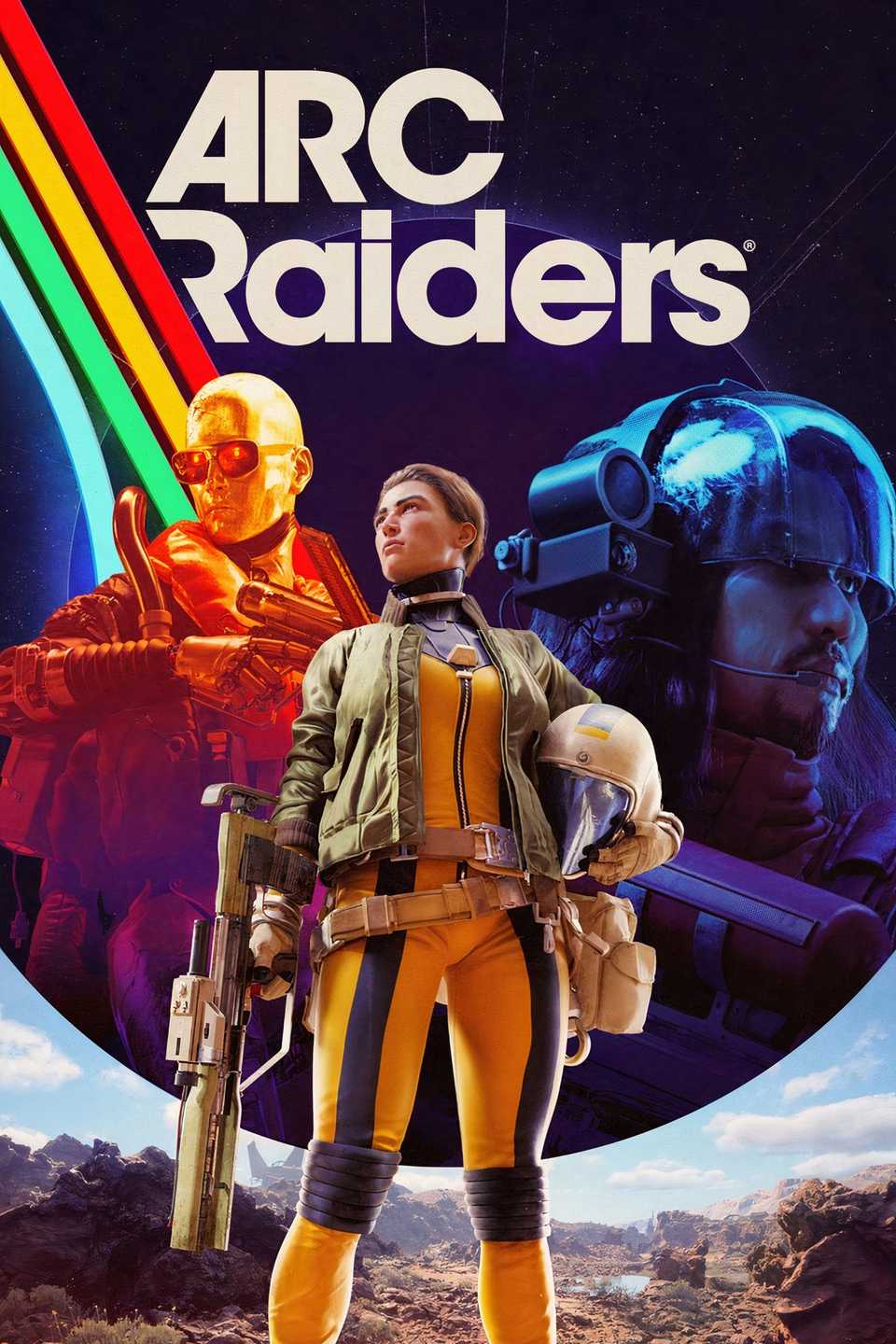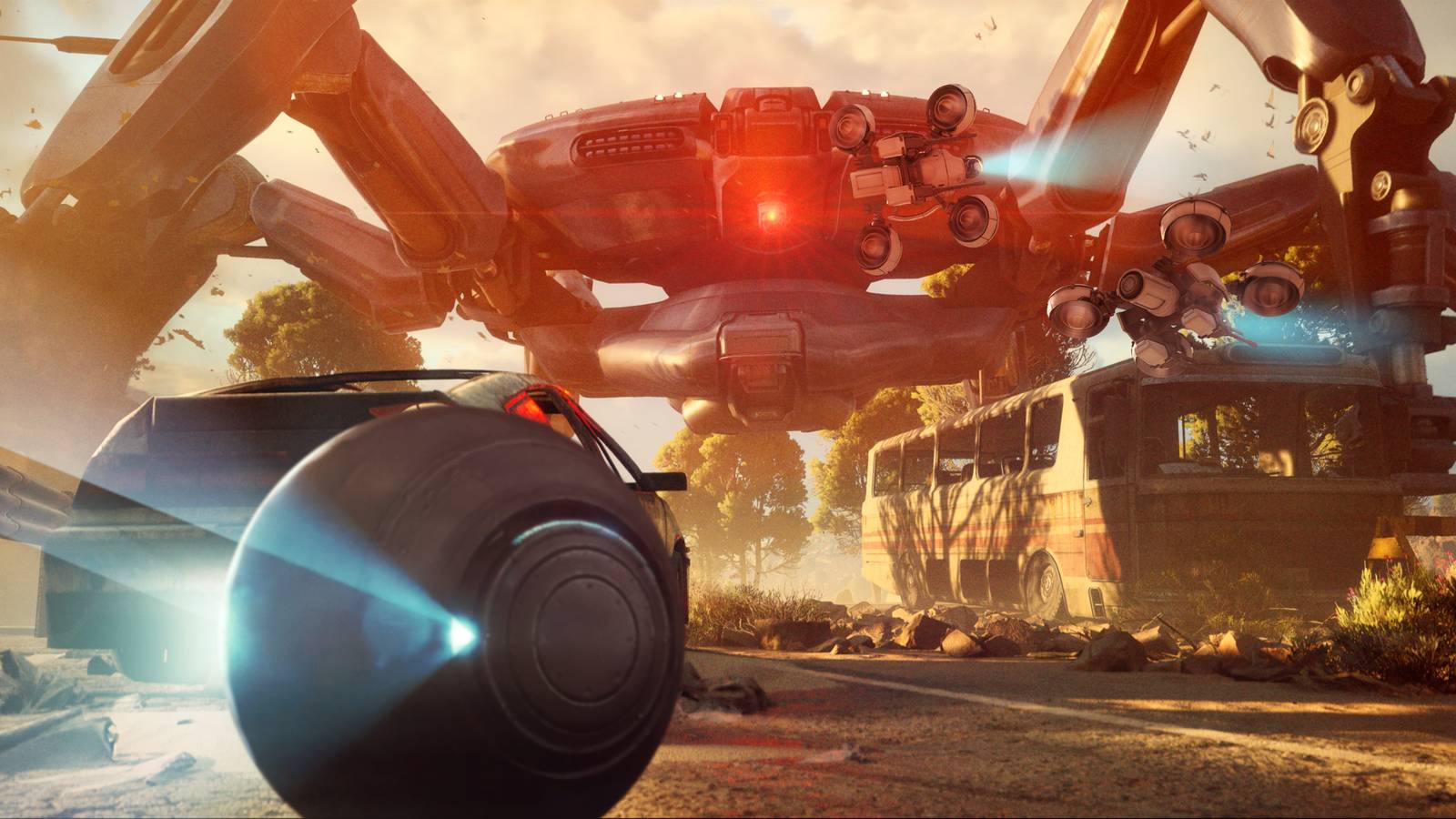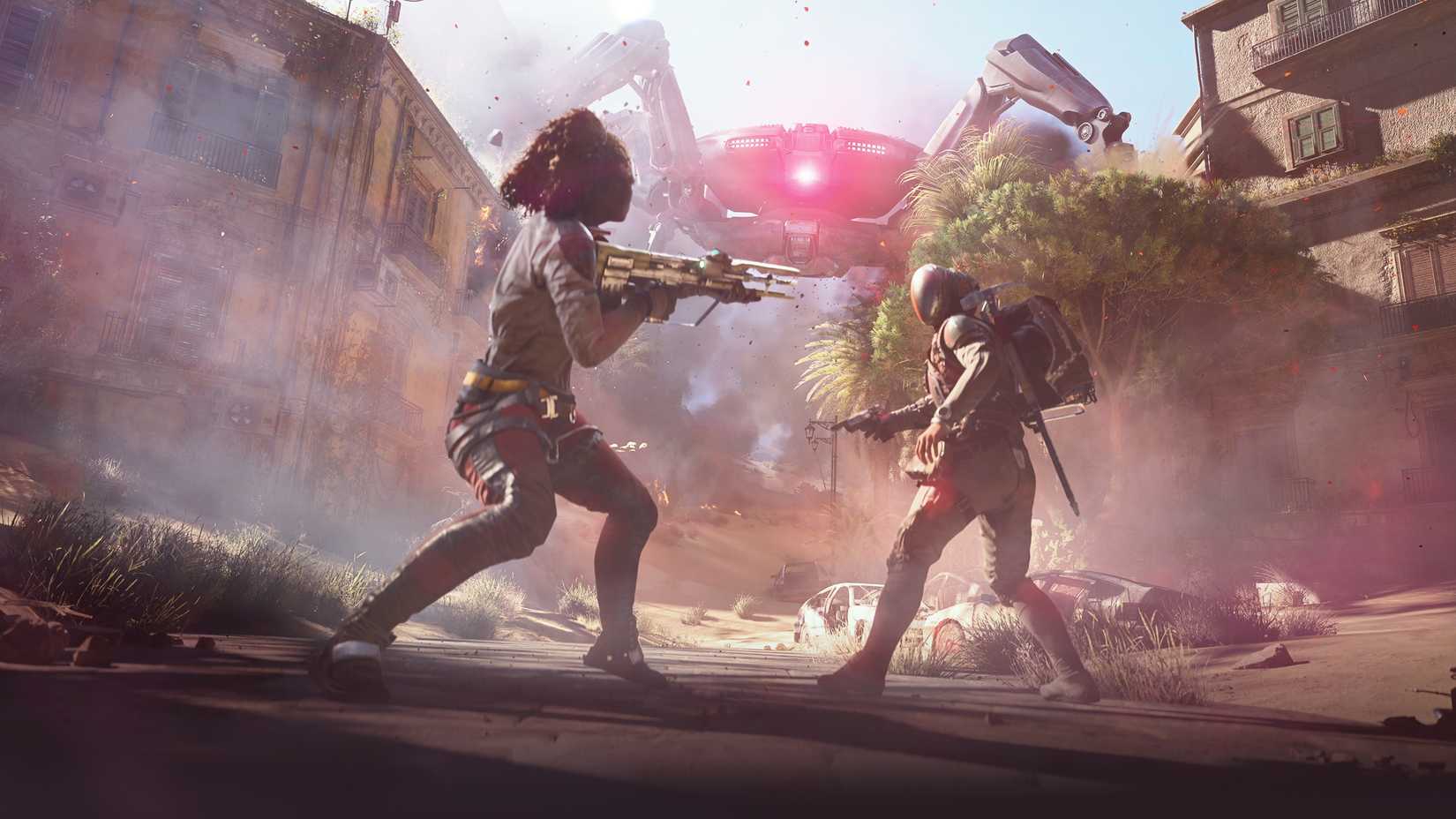The Frustrating Irony of Arc Raiders’ Use of AI Explained
I’ve put about 45 hours into ARC Raiders since its launch, and like many online, I keep coming back to the same uncomfortable thought: this game about man vs. machine feels increasingly compromised by the machines used to create it. The contradiction hit me hardest during a conversation with a trader. I’d just extracted from a successful Harvester raid with a squad of two others; I’d even managed to finish one of ARC Raiders‘ many quests.
Laughing about it in voice chat, I then clicked on Celeste, ARC Raiders‘ basic materials merchant. The flat, banal voice that responded to the turned-in quest finally felt insipid, as if it were draining me of the joy I was coasting on. That’s when the current online debate surrounding ARC Raiders use of generative AI began to make more sense to me.
What ARC Raiders Actually Does With AI
For context, ARC Raiders uses two distinct AI technologies, and that’s notable because conflating them muddies the conversation. The first is reinforcement learning for enemy animations. In a Medium article, Tom Solberg, a member of Developer Embark’s machine learning team, likens training AI-tooled assets to teaching a dog tricks: the ARC AI gets positive feedback for realistic movement patterns and eventually learns to react dynamically to terrain and players.
The second is ARC Raiders text-to-speech (TTS) voices, trained on recordings of real voice actors. Embark claims this allows it to implement new dialogue quickly, creating voice lines in hours instead of scheduling recording sessions and rehiring performers. The actors were reportedly paid and gave their consent to have their voices used in this way, but still, this is where things get messy.
The same TTS is used to modulate the voices of ARC Raiders players.
Spend any time on X, and you’ll find two camps of ARC Raiders players forming. One side argues this is “ethical AI use” because actors consented and were compensated. They note the limited role of NPC voices and suggest the outrage is overblown for such a minor feature.
Proponents also point to AI voice modulation technology as a genuinely progressive accessibility feature enabling ARC Raiders players to participate without revealing their actual voice.
The other side sees a dangerous precedent, and they ask questions I find myself unable to answer cleanly. Can you really call it consent when refusing means losing a chance at a job? More troublingly, what happens when this idea spreads to bigger studios with less restraint?
While I’ve tried to land decidedly in one camp, I find myself wavering. The game is exceptional; the AI voices are, frankly, not relevant to why I keep playing. Still, every time I hear one, I’m reminded of the performance I’ve been denied, the line of work at risk, and the terrible irony of it all.
ARC Raiders’ Cardinal Sin: Irony
I’m not the first to notice the most frustrating contradiction of all this, but it bears reiterating: ARC Raiders‘ entire premise is humankind fighting back against machines. Players ascend into a world where lifeless, unfeeling robots have driven people underground and are forcing survivors to fight for scrap. The whole thematic core of the thing is human resilience in the face of mechanical replacement.
Then you meet a trader whose voice has been trained and generated from a selection of humans more qualified for the job. It isn’t a subtle irony, it’s not even a clever meta-commentary; it’s just there, seemingly unexamined by the developers. Embark built a game about machines replacing humans, and it used machines to replace humans to do it. It’s borderline embarrassing, and the cynic in me worries Embark knew it and shipped it anyway.
Embarks AI Voices Diminish ARC Raiders Best Quality
Critics have noted it, but what makes this even more painful is that ARC Raiders‘ best moments come from the human element. What makes ARC Raiders special is the emergent human comedy and drama that unfold when people play together. While that’s the soul of most multiplayer games, it’s an unbelievable rarity in cutthroat extraction shooters. So when Embark Studios uses cost-saving synthesized voices that land with a thud next to human expression, they’re making an ethical compromise and undermining the very thing that sets their game apart.
The Industry Context ARC Debaters Can’t Ignore
That said, ARC Raiders doesn’t exist in a vacuum. EA CEO Andrew Wilson called AI the core of EA’s business. Dead Space creator Glen Schofield detailed plans to partially “fix” the industry through the use of generative AI. Now, Junghun Lee, CEO of ARC Raiders‘ publisher Nexon, stated that he believes “every game company is now using AI” and championed its potential for improving the efficiency of game-making.
Given all those other examples, he seems to be right about both, and that’s precisely the problem. Executives tend to see AI as a cost-cutting measure that maintains (or improves) output while reducing human labor costs. They do not see the value of the art or the artists in the margins.
Even A Few “Ethical AI” Voices Risk Normalization
Those who see this criticism as making a mountain of a molehill must understand that this is precisely how normalization works. It’s just background NPCs today, but tomorrow, another line will be crossed because now, audiences have accepted the principle. The lesson studios will learn from ARC Raiders isn’t “use AI responsibly in limited and tasteful contexts.” ARC Raiders is proof that customers accept AI if the game is fun enough. Every player who downloads it, myself included, contributes to that proof.
That’s the frustrating part—the game is fun enough, and I keep playing it; I’m part of the problem I’m describing. I don’t think that means ARC Raiders should be boycotted or that enjoying it makes me or anyone else complicit in some moral failing. Art and commerce are complicated, and few of us can afford to make purely ethical entertainment choices, or can even do so at all. We should, however, be honest about what’s happening.
ARC Raiders and the Art/Business of Video Games
Games are collaborative artworks that sometimes involve hundreds or thousands of artists working toward a shared vision. When they succeed, they deserve celebration, and ARC Raiders succeeds in many ways. Successful games set precedents, though, so they warrant more scrutiny; they show other studios what’s possible and profitable, as well as what audiences will tolerate.
Arc Raiders had the opportunity to be an unqualified triumph, but instead, it all comes with an asterisk as a cautionary tale about how easily we can accept the thing we’re supposedly fighting against, as long as the fight itself is entertaining enough. I’ll probably keep playing, but that doesn’t preclude me from recognizing ARC Raiders‘ grand contradiction. I won’t stop pointing it out. Letting “good enough” silence legitimate concerns is little more than telling the industry that principles are negotiable as long as the game is fun.

- Released
-
October 30, 2025
- ESRB
-
Teen / Violence, Blood







